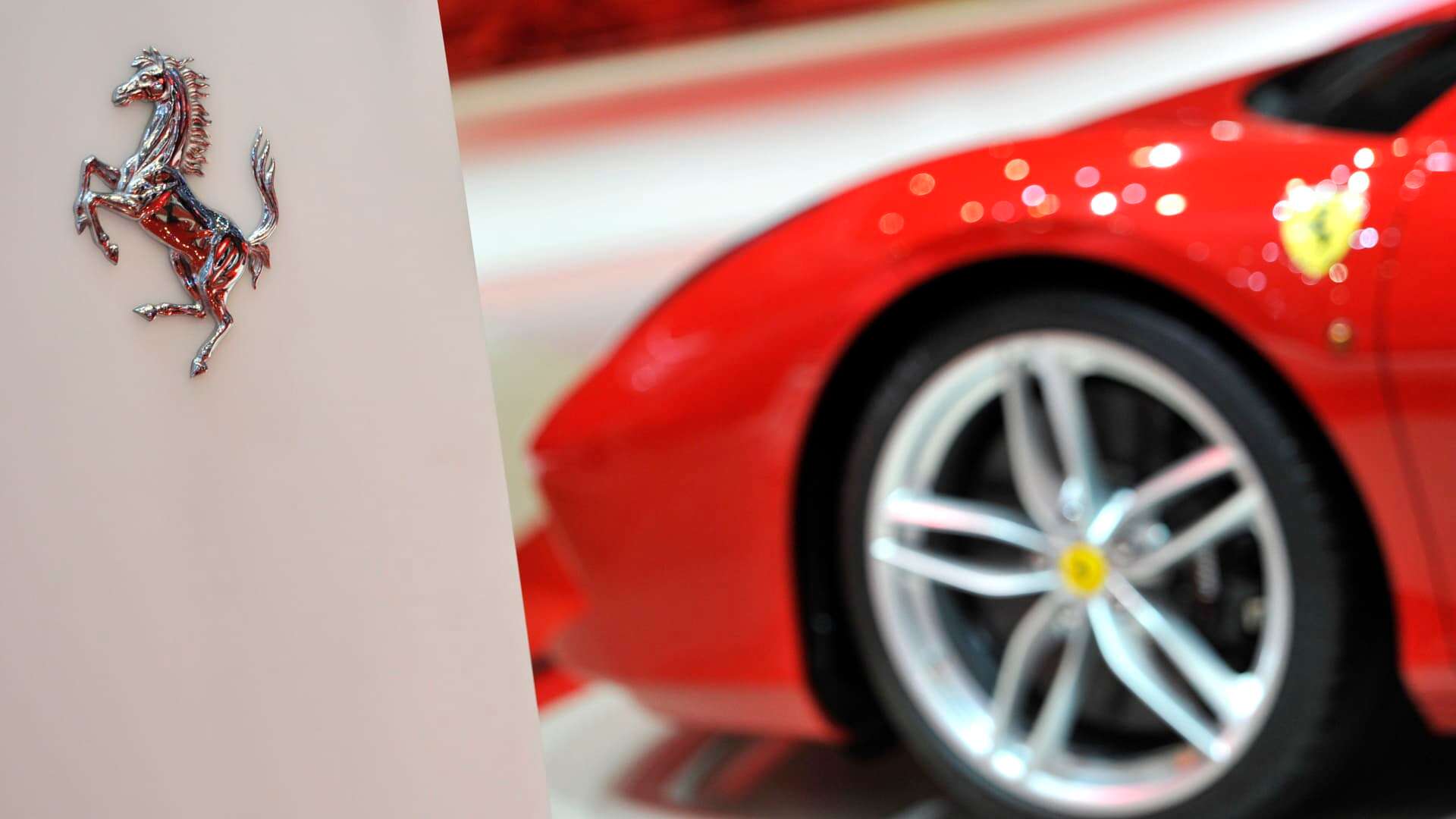Ferrari CEO debunks claims that manufacturing of EVs will affect performance
- Posted on July 26, 2022
- Technology
- By Glory

Ferrari intends to introduce an all-electric vehicle,
but internal combustion engines will likely continue to play a big role in the
company's future.
The first electric vehicle will be exhibited in
2025, and the first shipments will begin by 2026, according to CEO Benedetto
Vigna.
Currently, only 4 Ferrari models, or 20% of the
lineup, are hybrid vehicles. The limited edition La Ferrari, which was released
in 2013 and relied on Formula 1 technology, was the company's first hybrid
model.
Over the next 4 years, the exotic
automaker expects ICEs to account for 40% of its "product
offering," with hybrid and all-electric vehicles accounting for 60%. It
expects ICEs to account for 20% of its lineup by 2030, with hybrid and fully
electric vehicles each accounting for 40%.
According to Ferrari's plans for electric vehicles,
the battery cells will be put together in Maranello, Italy. According to the
statement, the customized battery modules will be fitted into the automobiles'
chassis in a procedure aimed at decreasing "the weight of the
vehicle."
In an effort to ease concerns that the company's
impending electric option may sacrifice performance, Ferrari's CEO told CNBC on
Tuesday that the premium automaker has a thorough knowledge of
vehicle dynamics.
“It’s true, we have a few 100 kilos more than a
regular ICE car for the same kind of horsepower, but what really … reassures me
is the fact that we have [a] deep understanding of the vehicle dynamics. Consider
today, a lot of cars have, more or less, access to the same electronic chips,”
Vigna said.
“But we in Ferrari … the engineers in Ferrari, are
able to provide something that is unique, that is distinctive.”
Other premium automakers are also considering
electrification initiatives, including BMW's Rolls-Royce Motor Cars and
Volkswagen's Bentley Motors.
All of the aforementioned occurs as major European
economies prepare to transition away from gas and diesel-powered automobiles.
By 2030, for instance, the U.K. intends to end the sale
of diesel and gas vehicles. All new automobiles must have zero
tailpipe emissions starting in 2035.
Similar goals are being pursued by the European
Union, which the U.K. exited on January 31, 2020.
The electrification approach, according to
Vigna is "highly relevant."
Between 2023 and 2026, Ferrari expects to introduce
15 new models, which includes a new high-performance supercar, according to
Financial Times.
The much anticipated Purosangue utility vehicle will
be unveiled in September as Maranello, in northern Italy, headquartered Ferrari
increases its model lineup. The Purosangue, named after the racehorse in
Italian, will make up no more than 20% of all vehicles made during its cycle.


Be the first to comment!
You must login to comment